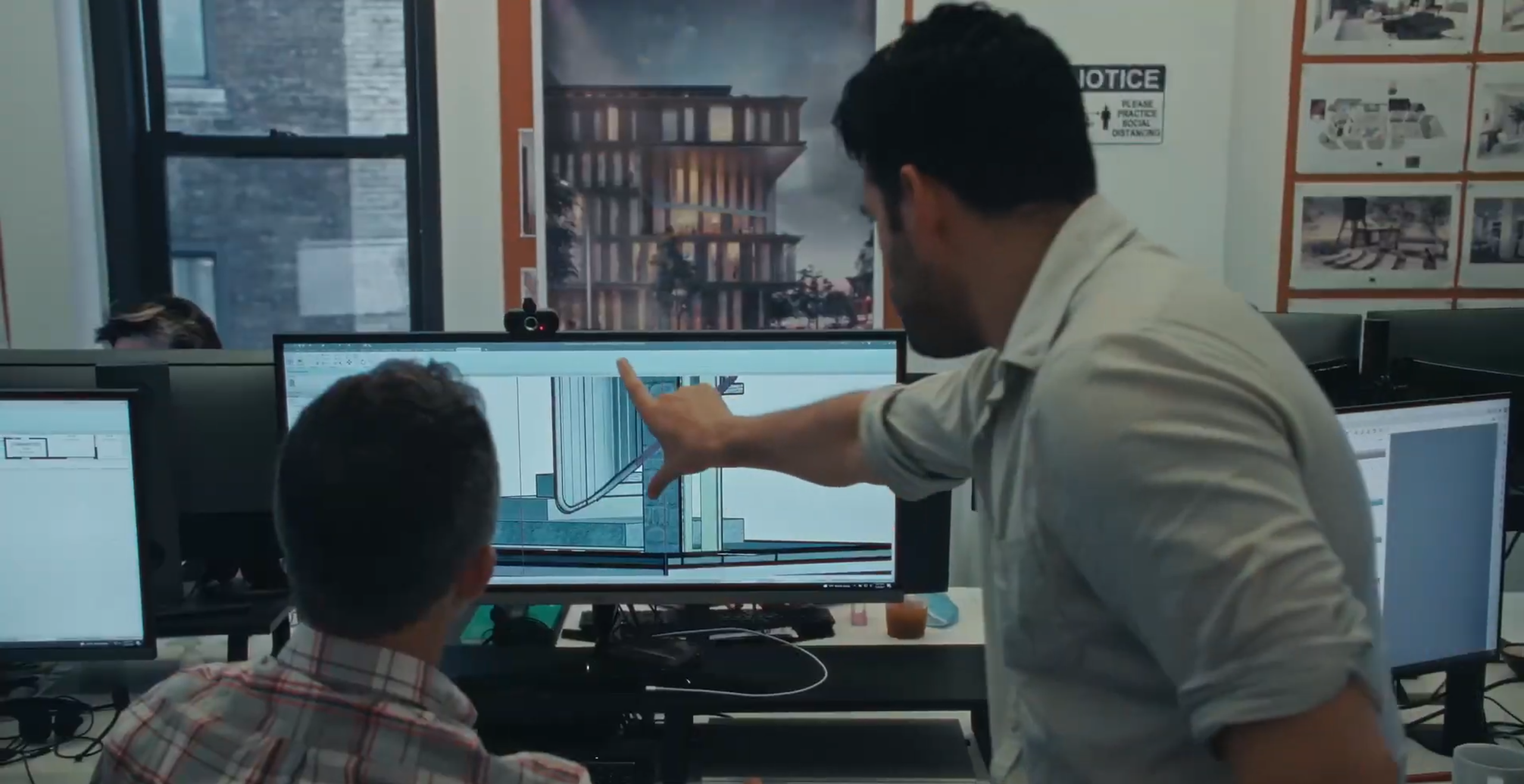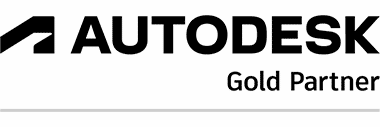Artificial Intelligence (AI) is rapidly redefining the architectural landscape, especially for professionals leveraging AutoCAD and Revit as part of daily workflows. AI is no longer limited to experimental labs; it is now embedded in mainstream applications, offering new levels of efficiency and creative potential for architects.
At the core, AI is automating traditional, repetitive drafting tasks. For example, generating hundreds of sheets, annotating layouts, or updating documentation can now be managed by AI-driven plugins, freeing designers from time-consuming manual work. This not only accelerates project timelines but allows firms to invest more energy in creative and high-value design activities.

Generative design—powered by AI—has become a decisive force in optimizing architectural outcomes. Through this technology, Revit and AutoCAD can automatically produce countless design variations based on defined criteria, offering unprecedented flexibility and data-driven decision capabilities. These tools aren’t just theoretical; several enhancements in 2025 workflows are providing designers with more control while expanding creative boundaries.
Beyond generative design, AI supports energy analysis and sustainability objectives. Plug-ins that harness machine learning now predict building performance long before construction, letting architects tweak models for better outcomes. Decisions regarding materials, spatial arrangements, or potential compliance risks are enhanced by AI’s predictive insights.
AI is also facilitating better collaboration. By connecting with real-time cloud environments, teams using Autodesk offerings can now delegate quality assurance checks and compliance reviews to AI bots, which scan for code violations or catch potential issues before they reach the client. This can noticeably improve both speed and accuracy in document deliverables.
Automation powered by AI doesn’t mean the architect’s role is diminished. Instead, it augments human expertise, ensuring that creative direction and critical evaluation remain at the heart of every project. Architects get to make better use of their domain knowledge while AI handles the menial, repetitive, and analytical elements.
Importantly, firms embracing AI-integrated CAD platforms are also positioning themselves for long-term competitiveness. With tighter timelines and shrinking margins, the ability to deliver quality work swiftly is a crucial differentiator in today’s architectural marketplace.
As AI technologies mature, expect further integration between smart agents and Autodesk APIs. This may eventually lead to natural-language interfaces that let architects describe tasks, while AI instantly manages the execution—heralding a new era of “conversational BIM”.
How Robotech CAD Solutions Can Help
Robotech CAD Solutions stays on the forefront of industry advancements, helping architectural offices implement AI tools that integrate directly with AutoCAD and Revit. The Robotech team offers customized training on AI plugins, workflow automation strategies, and support for integrating predictive design processes—empowering firms to get the full productivity and innovation potential from their Autodesk investments.



